Authored by: Jaimie McMullen, Emily Jones & Chad Killian (PETE Collaborative members)
The format for this PETE Collaborative provided an open forum that aimed to provide space and time for everyone to share thoughts, experiences, and perspectives related to critical questions needing to be explored in and around schools and communities, student learning, and teacher training. Direction for discussion was provided using a series of prompts posed to the community related to these issues. We have attempted to summarize the key issues raised, questions posed, and solutions explored during the PETE Collaborative in this blog.
The following sections are organized around the three prompts posed to the group, including:
What are critical issues and problems facing health and physical education today?
Are important issues not being discussed in our field’s published works and/or public forums?
What knowledge, skills, and pedagogies are essential for HPE/HPETE professionals to remain relevant? How do we train or retrain professionals to build these skills?
The first part of the conversation focused on participants sharing what they think are critical issues and problems facing our field. Emphasis was placed on identifying our most important challenges, but attendees also offered information regarding solution-oriented opportunities they see developing, thoughts on prioritizing opportunities to overcome key barriers, and relevant experiences addressing problems that may help others.
Key problems and challenges participants identified on the call and within the chat:
The viability of PETE programs in higher education given issues related to funding and enrollment, particularly at research institutions
Teaching during the pandemic and maintaining curricular richness in K-12 schools and within PETE
Diminishing quantity of physical education time in K-12 schools
Content focus and what we teach in physical education
Relevance of physical education in society
External factors shifting the role of the physical education teacher away from physical education
The emerging prevalence of avenues for alternative teacher licensure
Next, participants were asked to share which important issues they think are not being discussed enough in our field’s published works and forums. A wide range of thoughts were offered and discussed.
From the discussion and the chat, these are the key issues not being discussed enough by our field:
Outsourcing of physical education and expanded physical education opportunities within the community (physical and digital)
Digital instruction in physical education (ability to efficiently and regularly document impact, equitable access and design, leveraging technology to enhance physical education, etc. etc. etc.)
How the field can best predict, identify, and meet the needs of society
Weight stigma, body dissatisfaction, and discrimination
Continuing professional development
Program accountability
Finally, the members of the PETE Collaborative were asked to share the knowledge and skills and pedagogies are essential for HPE/PETE professionals to remain relevant. Essentially seeking to learn how our community will seek to train (or re-train) professionals to build these skills. Thoughts from the members in this section of the discussion echoed some of what was previously offered, but also yielded important new insights.
Contributions to the discussion and the chat suggest that some of the essential knowledge and skills needed within HPE/PETE and the associated strategies to train/re-train professionals to learn these skills are:
Strategies are needed to sustain professional development across a career including continuous professional development, building resilience, developing new knowledge and skills, and maintaining self-care
Consider expanding networks to support quality physical education (who else do we need at the table?)
As a field we need to develop a unified method for identifying how physical education impacts students
Need to consider ways to advocate for continuing education credits for licensure in all states (since this varies across the country)
Incorporating education and experiences for PETE students and HPE professionals related to online course design and delivery
Skills related to creating collective action (i.e., skills relevant to collaboration, teambuilding, etc.) are needed in the field
Focus on the affective domain amidst increasing and enduring youth mental health crisis
Ensuring HPE professionals are prepared to address the socio-political landscape of schools who are ready to contribute as a meaningful member of a school community
In closing, the Problem-Setting and Solution-Oriented PETE Collaborative aimed to create an open forum. A safe, professional space for health and physical educators to candidly and respectfully share the complex realities of our work and the work that is yet to be done.
At best, this discussion represents a small subset of the complex issues and realities facing higher education faculty, school professionals, community members, and policymakers. Indeed, many more challenges not shared in this public forum loom daily in the workflow of those who couldn't attend or share—context-specific challenges based on institution size, climate, or culture. Socio-political challenges affect daily operations, budgeting, and administrative decisions in higher education. And philosophical quandaries of professional marginality and meaning, societal value, outcomes-based accountability, and all the others that wake us in the middle of the night.
While professionals don't always see the world in the same ways, and work in different contexts, we need to agree on some basic principles and priorities, mindful that the path ahead will require collective action and a willingness to compromise and change.
The problem-setting and solution-oriented conversation may have sparked debate, questions, or perhaps conflict. Yet, the hope is that healthy conflict and discussion will propel us forward to think about how these challenges will translate into opportunities for growth, connection, and collaboration.
We aim to build a community of professionals that embraces our diversity as a strength and uses that to explore alternative solutions to long-standing problems, issues, and challenges.
This PETE Collaborative did not end with a tidy set of priorities, action items, and a timestamped workflow. Rather, those joining the call were asked and tasked to do the following:
Identify necessary partners to invite to the conversation.
Continue to bring forward critical issues facing the future of health and physical education.
Stay tuned and ready to join together to define, prioritize, and take action collectively.
The path ahead will require collective action and willingness to share, listen, compromise, and change.

